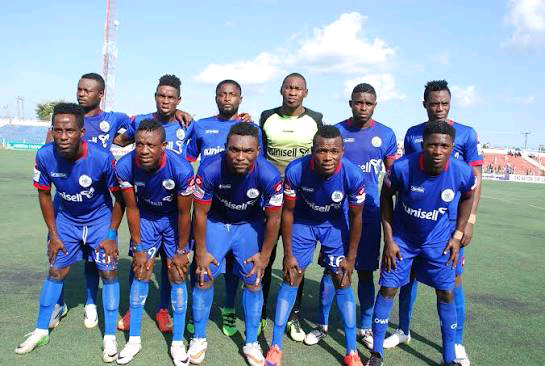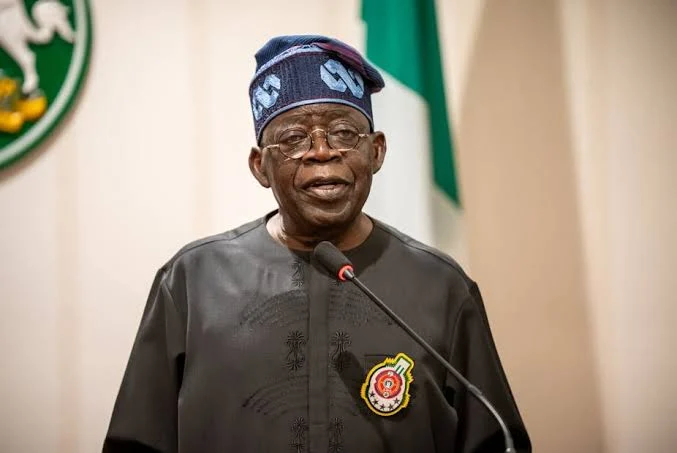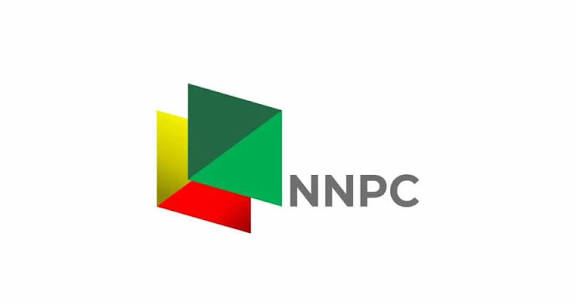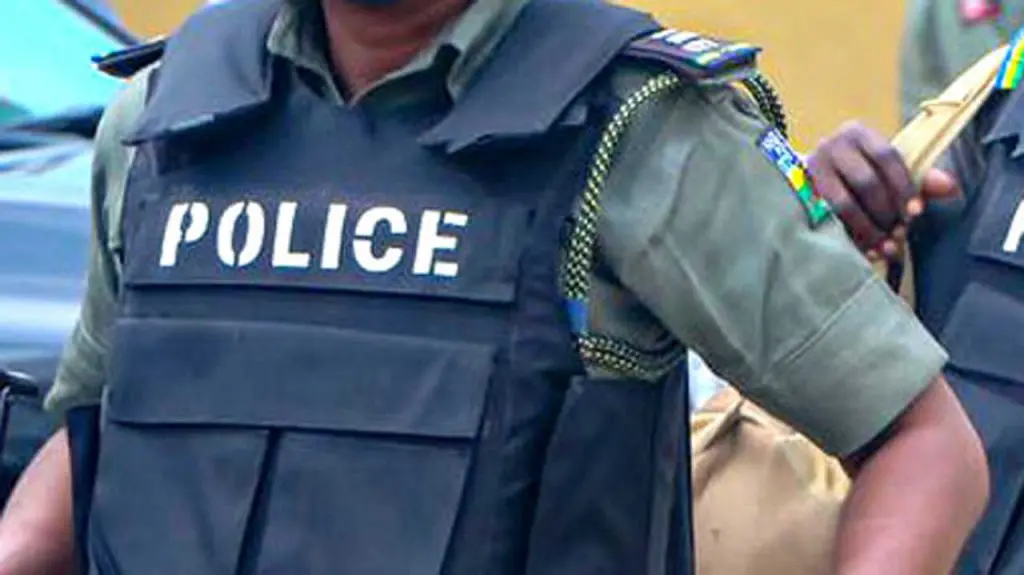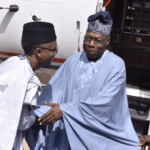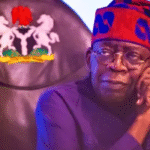‘Gringos Go Home’: Colombia’s President, Minister Defiant After US Sanctions
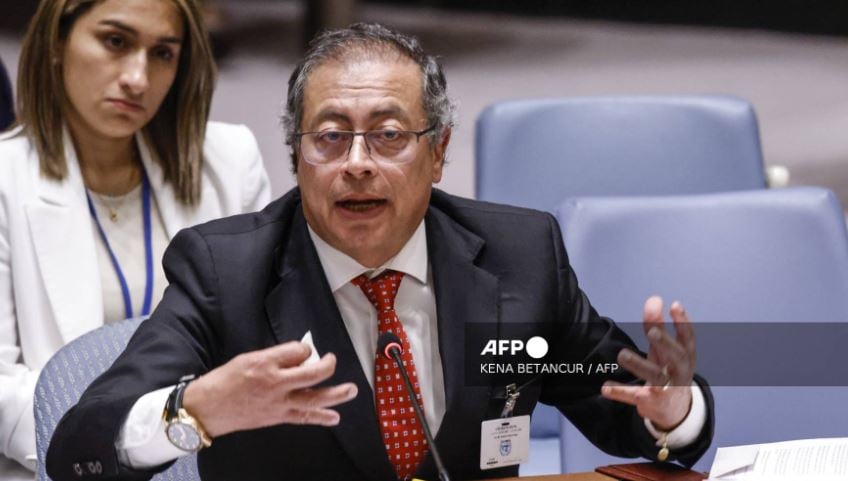
Colombia’s President, Gustavo Petro, and his Interior Minister, Armando Benedetti, have reacted defiantly after both were placed on a new United States sanctions list over alleged links to drug trafficking and corruption.
The U.S. Department of the Treasury on Friday announced the sanctions, accusing Petro a former guerrilla fighter turned politician and several close associates, including his wife and son, of facilitating or benefiting from illicit drug operations.
They were designated as “Specially Designated Nationals,” a move that effectively freezes any assets they may hold under U.S. jurisdiction and prohibits American entities from doing business with them.
In a fiery response posted on social media, President Petro invoked the revolutionary spirit of Latin America’s historic resistance against foreign influence, declaring:
“Not one step back and never on my knees.”
Petro dismissed the allegations as politically motivated and described the U.S. move as an attempt to undermine Colombia’s sovereignty.
He said his administration remains committed to justice and national independence, insisting that the accusations are part of a broader strategy to weaken his progressive government.
“The era of bowing to imperial powers is over. Colombia will not be ruled from Washington,” he wrote.
Interior Minister Armando Benedetti also hit back strongly, saying the U.S. sanctions were “an insult to the will of the Colombian people” and accusing Washington of hypocrisy.
“The same people who fueled our wars with weapons and money now want to judge us. We will not be intimidated,” Benedetti said in a televised address.
The sanctions mark a sharp deterioration in relations between the Petro administration and the United States, a longtime ally of Colombia, particularly in counter-narcotics operations.
Analysts say the move could have significant diplomatic and economic implications, given Colombia’s central role in U.S.-backed anti-drug campaigns in Latin America.
Washington has not yet issued a detailed statement on the evidence leading to the sanctions, but officials have suggested that ongoing investigations link key members of Petro’s inner circle to financial networks tied to major cocaine exporters.
Despite the mounting international pressure, Petro remains unbowed, vowing that Colombia will “chart its own destiny free from external control.”
The latest development adds to growing tension within the South American nation, where opposition leaders have called for transparency, while Petro’s supporters have rallied behind him, framing the sanctions as an attack on national sovereignty.


